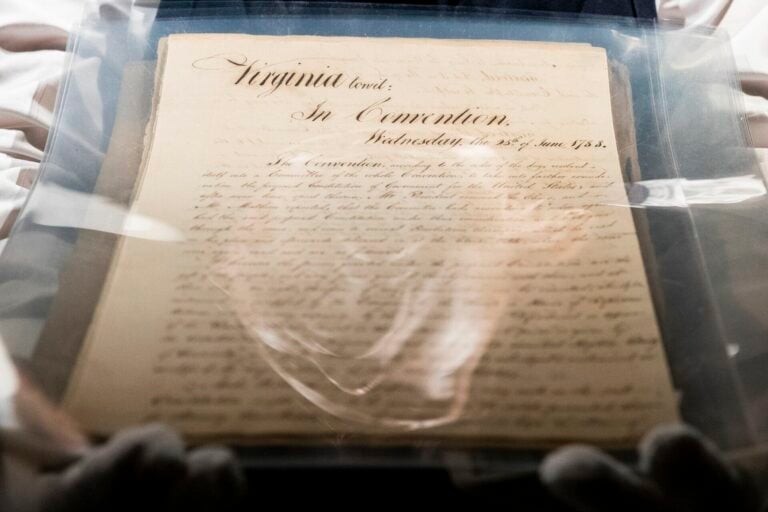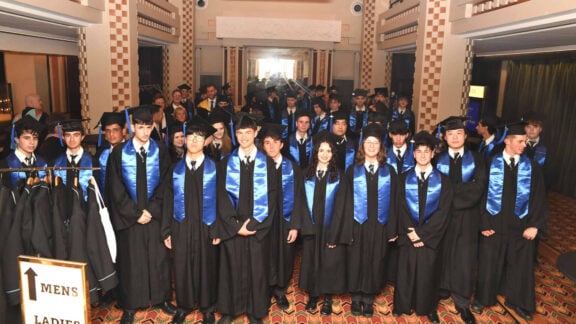Antiquarians of all varieties often speculate for fun how ancient luminaries would have used social media–long, technical screeds from Pliny the Elder on Reddit; the Roman poet Martial, dishing out takedowns and laughs on Twitter; a grumpy Cato the Elder complaining about the kids today on Facebook. Would Socrates have loved social media or derided it? At some level, the conversation is silly; yet, at another, it invites us to think about the way we use speech publicly (and how we don’t).
Every other semester, old-fashioned media outlets print predictable hand-wringing essays about how academics act on twitter. Bad grammar, profanity, and jokes, oh my!
If there is an actual debate, a more conservative and traditional crowd worries about an aggressive tone, the use of vernacular language, and the besmirching of the noble professoriate. Many of the rest of us see welcome access to people, ideas, and frameworks far less visible before the world wide web. Social media both democritises and demonises.
However, laments about it debasing the currency of debate ignore that civility has for so long been a veneer used to silence the voices and experiences of those only begrudgingly admitted into the academy.
Whether you’re a famous novelist complaining about being held to account for stoking hatred against trans-women, or a quack psychologist whining about how your expression has been curbed, ancient authors may still have much still to teach on the values of speech.
Plutarch, a philosophy and essayist perhaps best known for his comparative Greek and Roman biographies advises in his essay On Talkativeness:
“No word uttered has helped as much as many held in silence. For it is possible to say later what has been kept silent, but certainly not to render silent what has been said”.
This is more than an ancient version of my grandmother’s “if you don’t have anything nice to say, don’t say anything at all”. Ancient authors like Plutarch understand that language has the power to impact the world, that words have consequences.
We are, as Aristotle opines in the Politics, political animals, in part because of our ability to communicate with one another. This innate and learned skill is perhaps why Aristotle is also recorded as saying that “the most burdensome thing in life is staying silent”. But when everyone wants to speak, there’s little more than noise, explaining in part the famous words attributed to Zeno that “..we have two ears and one mouth, so that we might hear more and say less…”
Learning when and why to speak starts with the difference between needing to say something and something needing to be said. Indeed, few of us are equipped with this last skill, especially given the infinite space of social media. Yet, whether we are typing away on our phones on the toilet, or inscribing periodic sentences on wax tablets, judgment is still required. As the Roman author Aulus Gellius writes “…still you may see certain men who toss around words without any semblance of judgment, but instead with a certainty so great and profound that even while they are speaking they do not seem to understand that they speak.”
Similar ideas are echoed in the Renaissance when Vergerio writes, “it is much safer to be silent than to speak. Indeed, he who is silent at the wrong time, makes only this one mistake, that he is silent: but in speaking, one may make many mistakes.”
On the surface, this makes a kind of sense. But it is, ultimately, deeply personal and not generalizable.
Between the important lessons of bystander training and the state-sponsored campaign “if you see something, say something”, there’s plenty of room for judgment.
Whom does our speech free and whom does it harm? While social media can take this to extreme–by calling out those for being silent, and interpreting all acts of restraint as signals of complicity–the core of the debate about academic online speech is about authority.

Freedom of Speech
When the actions or speech of those in power are checked by “social media mobs”, we often hear that they are being “canceled”. And, yet, no one is taking away their freedom of speech (which is, as many will note, not a right guaranteed internationally by the U.S. Constitution); cries against “cancel culture” are little more than tantrums over someone else getting a chance to speak too.
When we talk about freedom of speech, it is political: it is dissent from the status quo. It also functions to reinforce who matters within a community. In the earliest Ancient Greek reflection on public speech, the right to dissent is essential when the Iliad’s Agamemnon brings a plague upon his people and Achilles challenges. Of course, the story is complex: Thersites in the second book is prevented by who he is from criticizing the king. His body, his voice, his departure from normal conventions and appearance, disqualify him from making the very same arguments Achilles made in book 1. In contrast, the Achilles-replacement Diomedes asserts in book 9 that it is right to argue with a foolish king in public.
From what we now call Classical Greece, we find parrhêsia, what a modern free speech advocate might call “frank and open debate”—for criticizing your friends in private and also for expressing unpopular opinions in public for the benefit of the state. In addition, “equal access to public speech” (Isêgoria) promises that each citizen be given that opportunity. Sure, speech that is just about one’s own opinion–or personal brand–is ‘protected’ in the U.S., but is it sacred in the way so many claim?
Any notion of free speech from this perspective is rooted in its contribution to the public good. But who gets to contribute is constrained by who counts. In the Iliad, the ugly and disabled Thersities is beaten for speaking freely. In the United States, cries lamenting lost freedom of speech have long been rooted in supporting white male supremacy. Across the English speaking world, observe how the forces of intolerance against women, people of color, and differences in gender and sexuality weaponize free speech for themselves alone.
Live Unknown
Why is there so much advice about being careful with speech in Ancient Greek and Roman authors? In part, understanding the effect our speech has on the world is an essential component of using speech well. The old canard “sticks and stones may break my bones, but words will never hurt me” distracts from the truth that our lives are built up of words: stories, structures, ideas: words make actions happen and then condition the way we understand them.
But I also fear that so much concern about taking care about what we say comes from living in structures that demand a violent reprisal when the status quo or social niceties are threatened by people who challenge the fragile empire maintained by authorized speech. There’s a difference between pulling your verbal punches out of respect for a loved one and not telling the truth out of fear of violent reprisal. Plutarch and Gellius lived in an empire dependent on slave labor, where a majority of people endured very different material lives from their own. Why wouldn’t it be in their self interest to worry about who gets to say what they want to?
For those tired of having to listen to other voices or being called to task online, ancient wisdom preserves a different option, “live unknown” or, “live in secret” λάθε βιώσας. According to the Byzantine Encyclopedia, the “Suda”, this comes from the Epicurean tradition. It can mean living away from the troubles of public life–modestly, and humbly, neither drawing attention or judgment. Plutarch, however, criticizes it from a Stoic perspective as a screen for pursuing every vice possible in secret.
Receding into private life, living in secret, can spare us the noisome distraction of modern life. Indeed, starting out this way may be best for children and adolescents, as they develop a sense of themselves. Nevertheless, “living unknown” is a real alternative for those who fear judgment and accountability.
The modern marketplace of speech is chaotic, retributive, and fast. Those with the privilege to step aside might might agree with the Gnomologium Vaticanum’s saying: “[Kratês] the Cynic used to say that it is better to slip with your foot than your tongue.”
I think everyone else might find themselves with a historical Socrates, cherishing instead the opportunity to show how little those in power and authority actually know. A central scene of Plato’s Apology features Socrates discovering that all the experts–the politicians, poets, craftspeople–make the classic error of assuming that their success in one field qualifies them to speak about everything else.
Indeed, the Socratic “gadfly” is a popular social media icon for some of the worst people you will encounter online. The “fake” Socrates of the dialogues meets only the opponents Plato writes for him. I would hope that a real Socrates would understand that being held accountable for his words isn’t being canceled, it’s affording to others the same rights you claim for yourself.
Joel Christensen is Professor and Senior Associate Dean for Faculty Affairs at Brandeis University. He has been a Fellow at the Center for Hellenic Studies (2013) and has received the Society for Classical Studies’ Award for Excellence in Teaching at the Collegiate Level (2013). He has published extensively and some of his work include “Homer’s Thebes” (2019) and “A Commentary on the Homeric Battle of Frogs and Mice” (2018). In 2020, he published “The Many-Minded Man: the Odyssey, Psychology, and the Therapy of Epic” with Cornell University Press.









